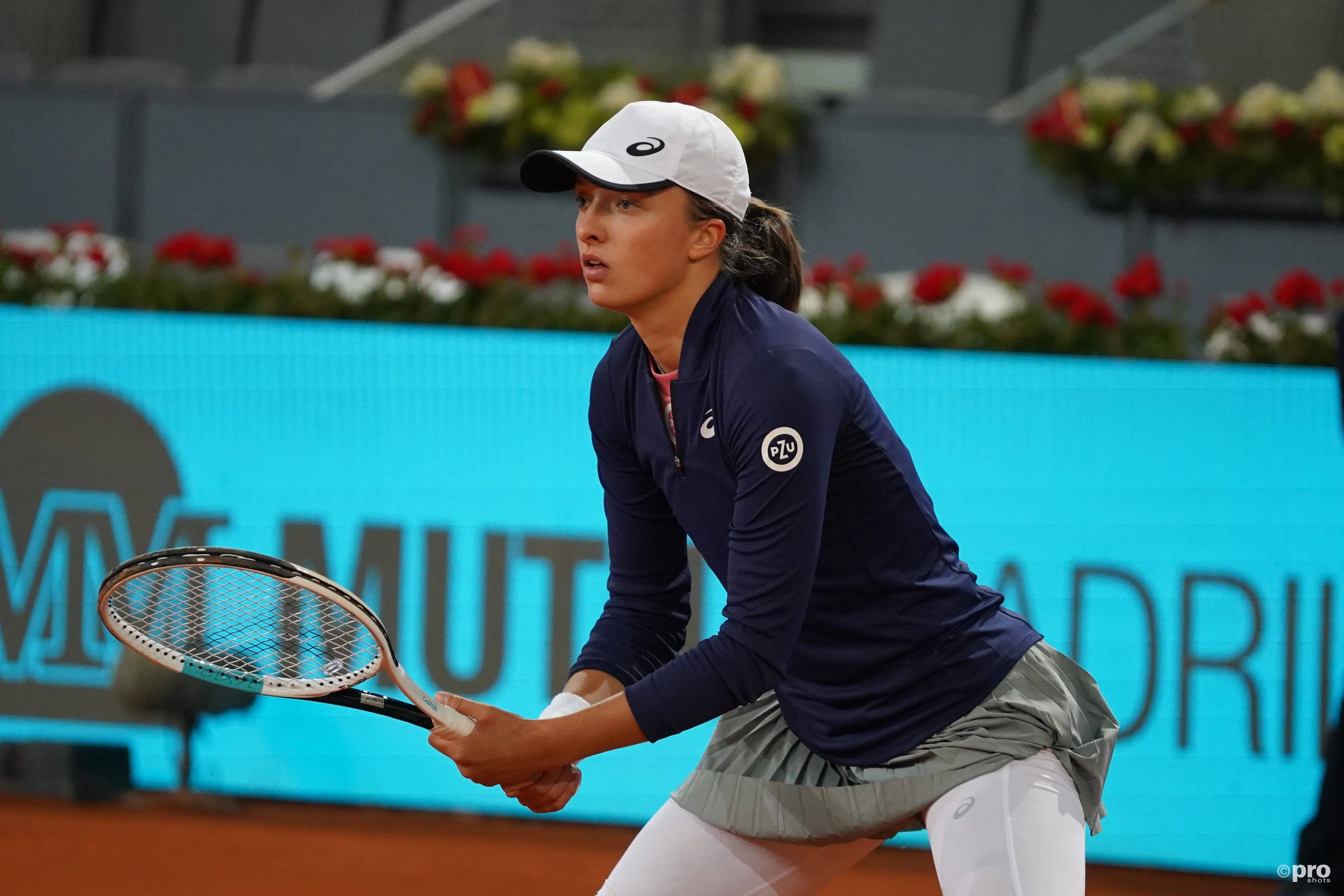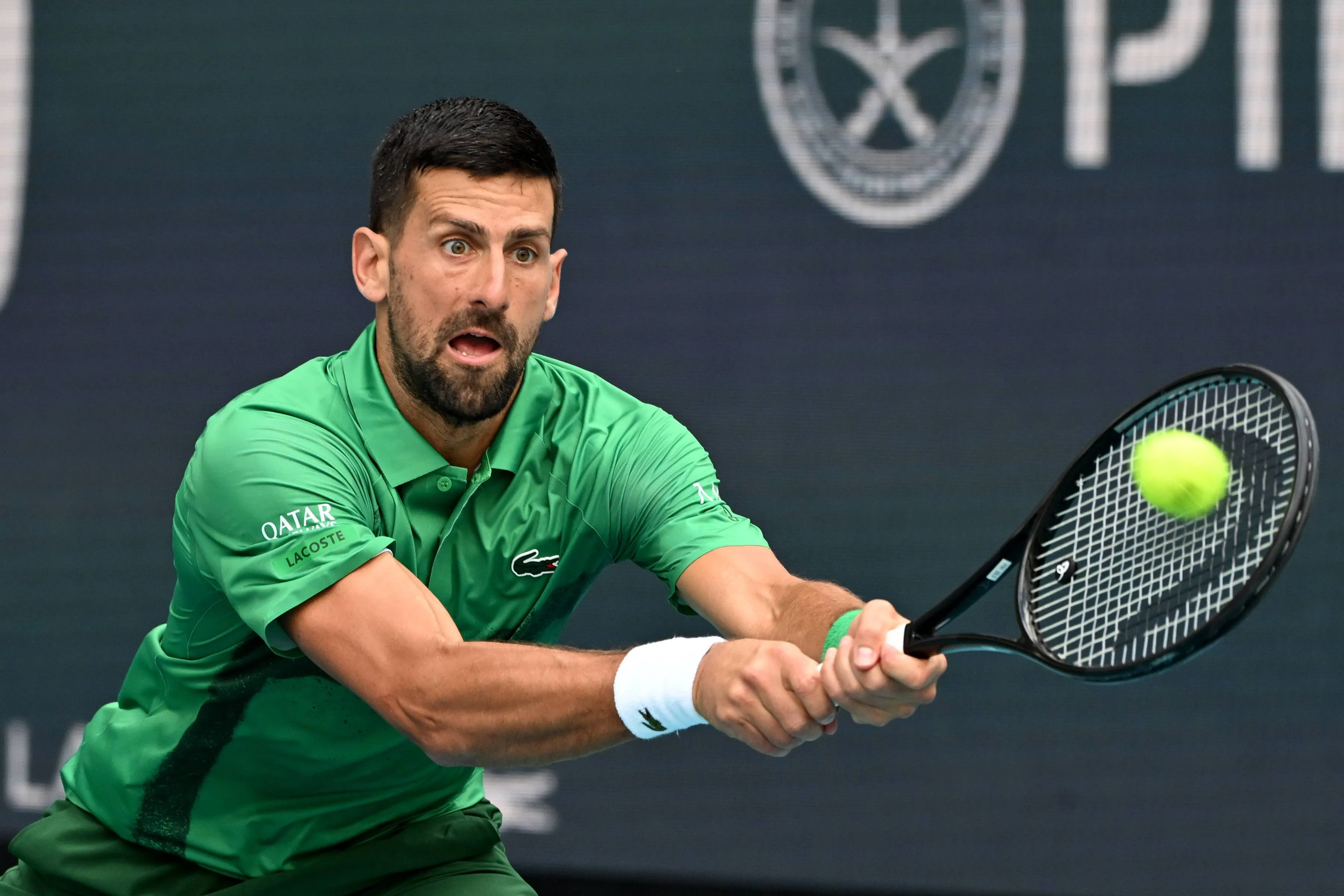ITIA hits back at WADA after spokesperson claiming Jannik Sinner doping case ruling was 'incorrect'
ATPSaturday, 15 February 2025 at 10:45

The International Tennis Integrity Agency (ITIA) has hit
back at the World Anti-Doping Agency (WADA) for their recent comments about the
case involving the former world number one Jannik Sinner.
The 23-year-old, who is widely regarded as the best player currently playing in men’s tennis in the singles category, has been in the news for the wrong reasons after being tested positive for banned substances on two occasions in March last year. However, despite that, Sinner managed to escape any ban.
Read also
The ITIA, in a detailed verdict last year, announced that they
found the player innocent in the case. The player’s counsel claimed that the availability
of the substance in the player’s sample was because of receiving a cream for
the treatment of an injury from one member of the coaching staff.
Recently, WADA spokesperson James Fitzgerald spoke about the
matter in detail, claiming that the ITIA’s decision was incorrect. "We
believe that the conclusion of no fault or negligence is incorrect under the
current rules, and we are requesting a suspension period of between one and two
years. WADA is not seeking to annul any results other than those already
imposed in the first instance.”
Read also
The ITIA has released a statement in response to the
comments from the WADA spokesperson where they clarified that the decision
regarding Sinner was taken following the guidelines provided by WADA.
“We acknowledge the announcement made by the World
Anti-Doping Agency (WADA), concerning the agreement reached between WADA and
Jannik Sinner to settle WADA’s appeal,” the statement said. ”The original
process was run according to the World Anti-Doping Code and Tennis Anti-Doping
Programme. Following a thorough
investigation by the ITIA (including advice from WADA accredited laboratories),
we were satisfied that the player had established the source of the prohibited
substance and that the breach was unintentional. Today’s outcome supports this finding. The
ITIA referred the matter to an independent panel which reached a decision of
"No Fault or Negligence” and therefore no suspension based on the facts
and their application of the rules. The three-month outcome was only possible
by agreement between WADA and the player.”
claps 0visitors 0
Just In
Popular News
Latest Comments
- Well, that was ... all about nothing. Every excuse and future workout plan mentioned should have been dealt with a long time ago. R.I.P., Mark Petchey.
 mandoist22-04-2025
mandoist22-04-2025 - I hope Marion Bley is the Chair Ump for the Final. It would be Karma Served for Saba after her disrespectful 'performance' in the semi.
 mandoist21-04-2025
mandoist21-04-2025 - Coco needs to stop the Williams Hero Worship and play like 'Coco'.
 mandoist19-04-2025
mandoist19-04-2025 - Didn't expect issues between these two...SakkariFan2318-04-2025
- Send her a crate of deodorant DoveSakkariFan2318-04-2025
- Good to see, hopefully Sakkari can return to the form she deserves.SakkariFan2318-04-2025
- Shame no play on Friday but some line-up incoming..SakkariFan2318-04-2025
- Zverev's reaction lacked a bit of class this time around. He handled it better in Australia.MrAndreeva18-04-2025
- Funny from Dove & a corporate rarity.MrAndreeva18-04-2025
- Well, we all surely appreciate this bit of nothing. Go feed your kids.
 mandoist17-04-2025
mandoist17-04-2025








